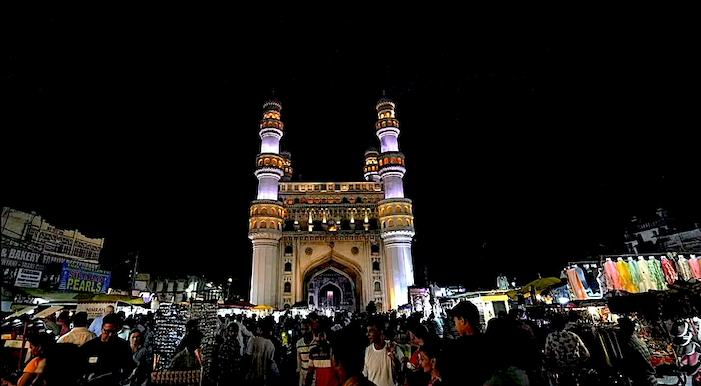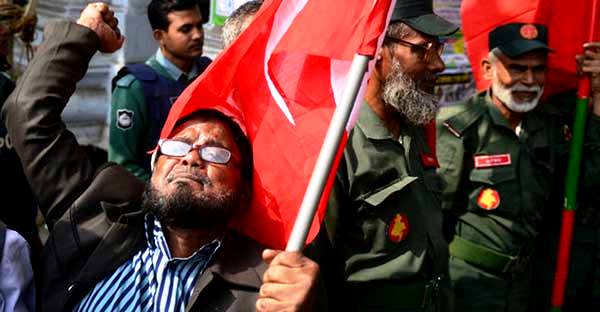Despite Political Ethnic Cleansing by BJP, BRS, Amit Shah’s Threats to Take Away Reservations, Muslim Organizations Deeply Divided in Telangana
The Indian Muslim community has been fighting with its back to the…
A Justice Denied as Bangladesh Prosecutes War Crimes
Ronak D. Desai A special war crimes tribunal in Bangladesh sentenced an American…
Welfare Party launched by Jamaat
BeyondHeadlines News Desk New Delhi: Jamaat e Islami Hind (JIH) launched its…
A Community Scared of Both Muslim and Hindu Extremists
Suresh Nambath A 2006 cable talks about the Muslims of north India…


